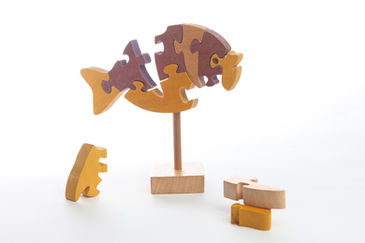ASSESSMENTS
« The practice is designed as a psychomotor maturation process, fostering the transition from the pleasure of action to the pleasure of thought.»
Bernard Aucouturier
Psychomotor therapy is intended for people of all ages: infants, children, adolescents, and the elderly.
If your child (or yourself) experiences difficulties in one or more of the areas described above, which affect well-being, body comfort, relationships with others, or learning in class, you are welcome to contact me for advice.

Signs that psychomotor therapy may be helpful
-
Gross motor skills: frequent clumsiness or falls, disorganized movements, refusal or avoidance of sports activities.
-
Fine motor skills: difficulties with manual tasks, awkward pencil grip, trouble with precision.
-
Graphomotor skills: tense or illegible handwriting, pressing too hard on the pen, disliking drawing, tiring quickly, or a mismatch between effort and results.
-
Tonic regulation: difficulty adjusting muscle tone—being either too tense (hypertonic) or too loose (hypotonic)—struggling to relax or modulate strength.
-
Laterality: inconsistent hand or foot preference (e.g., switching hands for writing, eating, or using tools), often linked with walking or manual difficulties.
-
Spatial and temporal orientation: difficulties organizing in space and/or time, often associated with challenges in mathematics or daily routines.
-
Behavior: excessive agitation, aggression, or on the contrary, extreme shyness and withdrawal; difficulty managing emotions; hypersensitivity; struggles in social relationships.
-
Attention and concentration: daydreaming, trouble listening in class, difficulty staying seated or focused.
-
Relationships: difficulties facing others, expressing emotions, or building and maintaining social connections.
Psychomotor Assessment
The psychomotor assessment evaluates a child’s strengths and difficulties through playful and engaging activities.
The aim is to consider the whole child—taking into account observations across different domains, as well as social and environmental factors.
The assessment is divided into four sessions:
1. Initial meeting: with the parents and the child, to review the reasons for the request and to better understand the child’s situation.
2. Two assessment sessions: during which the child participates in evaluation activities in a playful, supportive atmosphere.
3. Final meeting: with the parents, to provide feedback on the results of the assessment. Together, we determine whether psychomotor sessions would be beneficial for the child and, if so, define the therapeutic plan in close collaboration with the family







